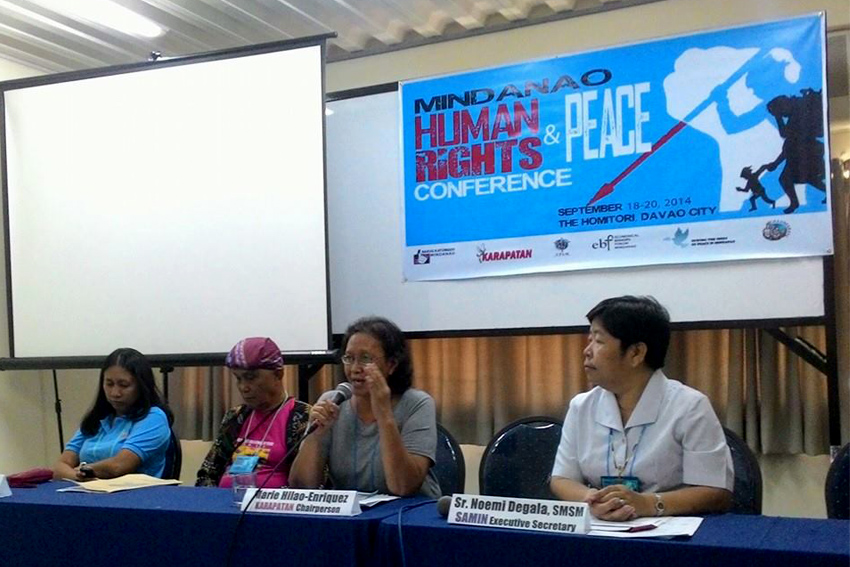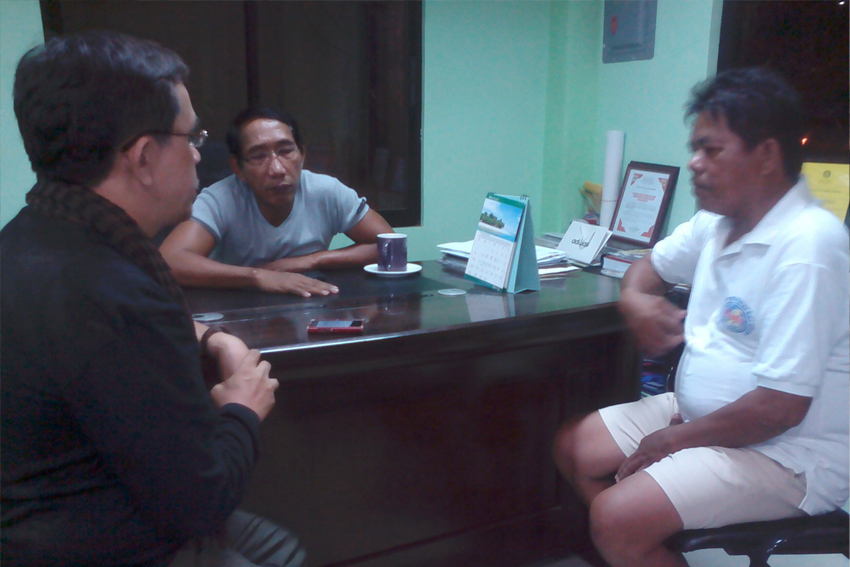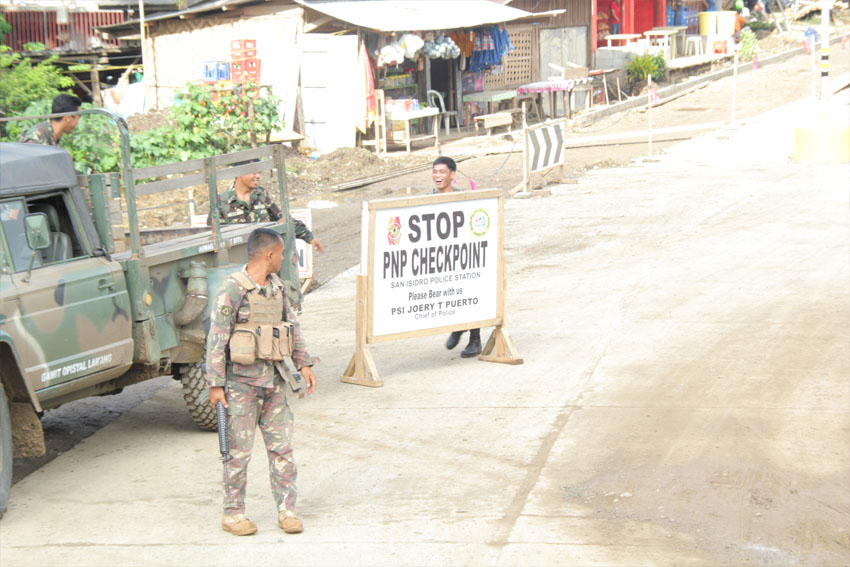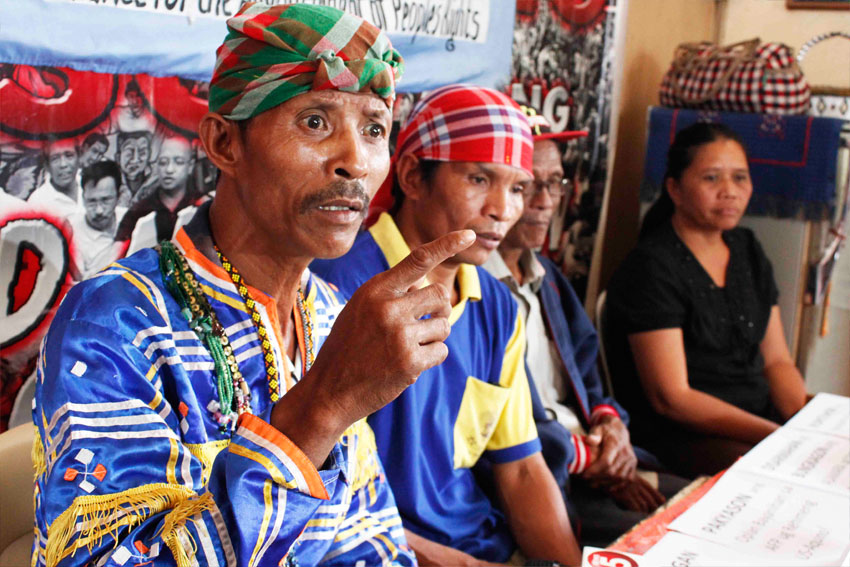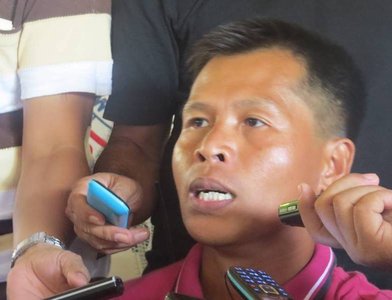A Thailand-based international advocacy group is urging governments belonging to the Association of Southeast Asian Nations (Asean) to conduct speedy investigations into cases of enforced disappearances “to bring an immediate end to enforced disappearances and ensure justice for the victims and their families.”
Militant human rights organizations have claimed that violations of civilian rights continue to happen in Mindanao that would indicate that President Benigno Aquino III did not live up to his promises of a “tuwid na daan (straight path)”.
At the time of his death, Butalid was the second broadcast journalist to be killed in Tagum City since 1996.
He recalled one time the soldiers came and asked him to go to their camp, which he refused.
“It’s high time that teachers will be valued for their untiring work and service and they will be feted on the culmination of World Teachers’ Day on October 5,” DepEd Davao del Norte Superintendent Josephine Fadul told DavaoToday.
The mayor of a remote town in Davao del Norte heeded the appeal of a mission group to set a dialogue on September 5, this coming Friday, with an indigenous paramilitary group in his town.
The human rights group Karapatan aborted late today a probe mission heading towards a reported “militarized” village in this interior town.
An organization of the country’s photojournalists on Friday slammed House Bill 4807, or the Protection against Personal Intrusion Act, saying it “suppresses press freedom.”
Tribal groups expressed concern over the fresh warning of a military-formed tribal armed unit that it was declaring a pangayaw, or tribal war, against the New People’s Army.
Genasque Enriquez, a tribal activist leader and Katribu Partylist National Vice Chairperson, was freed Saturday morning after posting bail on three frustrated murder charges before the Regional Trial Court Branch 29 in Surigao City.


